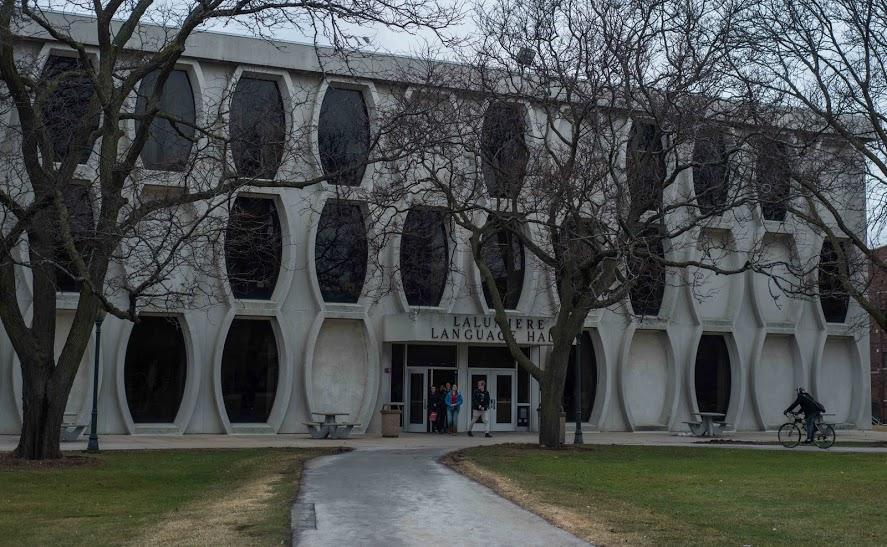As Hispanic Heritage Month begins and universities are revving up to hopefully highlight and embolden their Latine students and organization members, many Latine students are excited for an opportunity to seek out representation and unity through shared activities and other celebrations. However, for many students of color such as myself, the lack of substantial support and emphasis on colorful festivities often leaves a bad taste in our mouths.
Since 2005, Hispanic enrollment in higher education has officially doubled, jumping from 1.2 million to 2.4 million. This does not indicate that support systems for Latine and other students of color have increased along with it.
One of the major situations that impede college completion and post-graduation success for Latines is a lack of monetary support.
In a survey administered by the Pew Research Center, 74% of the young Hispanic people surveyed cited a need to support their family as the reason they stopped pursuing higher education. Additionally, while 60% of Latines born within the United States are recorded to be getting or plan to get at least a bachelor’s degree, only 29% of first-generation Latines recorded being interested or able to pursue higher education.
Although numbers have increased, Latines continue being the least likely ethnic group to attend college within the United States.
Therefore, it becomes very easy for Hispanic students to find difficulty with the material they are being met with at university as their educational backgrounds might not have prepared them for the rigor of their new classes.
Even when students could be prepared academically for their new environments, that negates the experiences of many students such as myself who had to adjust to language change within their curriculums, demographic changes in their classes and the cultural shock that hits once someone leaves their home country in pursuit of reliable higher education.
Furthermore, many have to reconcile the struggle in finding their place within the institution while also assuring that they are financially solid enough to continue pursuing their education within this environment.
For many, this combination of stressors can deeply affect their academic and professional development, leaving them years behind their in-group classmates. Although the same work is being handed out and graded, the classroom becomes a pseudo-battlefield for some while it remains a supportive, open environment for others.
These factors can also create insecurities in students, especially in those whose identities create innate conflict with the status of their institutions.
Imposter syndrome, which is characterized as the inability to see one’s achievements as deserved or legitimate, is one of the most rampant issues affecting Latines and other people of color at primarily white institutions, especially women of color.
Although not new, this syndrome poses a huge risk to Latines in higher education, especially as the U.S. Supreme Court’s decision to ban race in college applications begins to take effect.
This decision, which is changing the 45-year precedent allowing universities and colleges to factor race into their admissions processes, holds serious power over not only what universities can do, but how they will approach recruiting and treating students of color in the future.
When people don’t feel supported and don’t see themselves represented within their environments, it is very difficult for them to perform at the expected level or overachieve. This, compounded with the recent decisions made by the Supreme Court, simply transmit another layer of unnecessary nuance to the conversation of college for those currently studying or interested.
However, the place that legacy decisions and the overrepresentation of wealthy students within elite universities helps paint a more complete picture of how the admissions process is used against students of color.
As such, universities need to begin truly putting an emphasis on the comfortability and experiences of their Latine students if they are being sincere in their sentiments of success towards minority communities.
This story was written by Clara Lebrón. She can be reached at [email protected].






